Options for cancer detection and treatment were few in the 18th century. Medical Historian Sharon Cotner lays out some of the common practices in this week’s show.
Podcast (audio): Download (17.3MB)
Subscribe: RSS
| Transcript
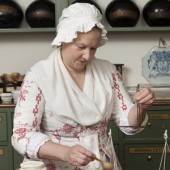
Options for cancer detection and treatment were few in the 18th century. Medical Historian Sharon Cotner lays out some of the common practices in this week’s show.
Podcast (audio): Download (17.3MB)
Subscribe: RSS
| Transcript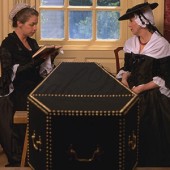
The funeral industry arises from a combination of necessity, sentimentality, and vanity. Dr. Kelly Brennan Arehart describes the path of America’s death business, and the early vestiges still with us today.
Podcast (audio): Download (20.2MB)
Subscribe: RSS
| Transcript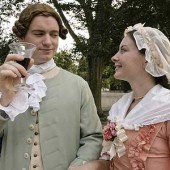
Modern marriage owes its structure to an historic form. Equal parts love, practicality, and business, today’s unions share more than you’d think with their colonial counterparts.
Podcast (audio): Download (16.0MB)
Subscribe: RSS
| Transcript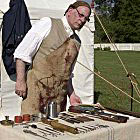
More gruesome than the injuries of battle were the means of mending them: field medicine offered no anesthesia, no modern antiseptics, and no antibiotics. David Podolfino interprets the life and duties of the military surgeon.
Podcast (audio): Download (12.9MB)
Subscribe: RSS
| Transcript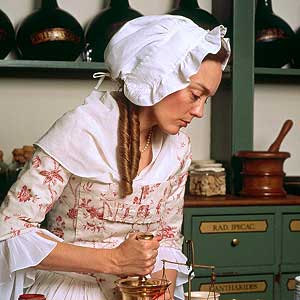
The common cold was a nuisance our forbears suffered in much the same way we do today. But what remedies were uniquely colonial? Eighteenth-century apothecarist Robin Kipps shares the causes and eases for the cold.
Podcast (audio): Download (12.5MB)
Subscribe: RSS
| Transcript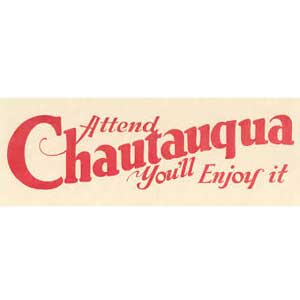
The Revolutionary City finds resonance and relevance across the country and around the world in a vibrant partnership with the Chautauqua Institution of New York. “We walk in the same intellectual waters,” says Colonial Williamsburg Foundation President Colin Campbell in this interview with Chautauqua’s President Tom Becker.
Podcast (audio): Download (16.9MB)
Subscribe: RSS
| Transcript